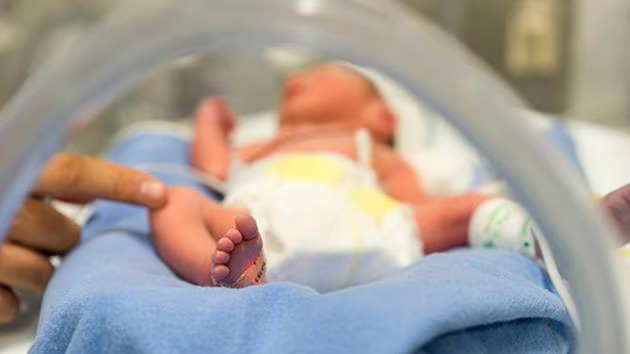SINGAPORE: Experts have cautioned that the rate of premature births in Singapore may increase in the coming years as more women choose to delay childbirth.
Currently, one in every ten births in Singapore is premature, with major hospitals noting that this trend has remained consistent over the past five years. However, experts emphasize that as maternal age increases and more couples opt for artificial insemination, the incidence of premature births may rise.
The National University Hospital (NUH) revealed that the survival rate of premature babies remains high, standing at 70 per cent for babies with a gestational age of 24 weeks and 95 per cent for babies over 28 weeks. Despite these positive statistics, concerns are being raised about the potential increase in premature births in the future due to changing family planning dynamics in Singapore.
A senior neonatologist speaking to Channel 8 highlighted that as couples in Singapore postpone childbirth for various reasons, there is a likelihood of more older women experiencing premature births or opting for artificial insemination, leading to an uptick in premature pregnancies.
In response to this concern, NUH has taken proactive measures to address the well-being of families with premature babies. The hospital has expanded its focus on the physical and mental health of these families by hiring additional psychological counselors to provide counseling services to parents in need.
A clinical nurse in NUH’s neonatal intensive care unit explained, “When your mind is not healthy, your body will actually feel a lot of stress, so we want to work on both sides so that they can be more patient and healthier to help their babies.”
NUH introduced a rental program three years ago, enabling family members to take home medical equipment such as ventilators and oxygen tanks. This initiative aims to facilitate the gradual recovery of premature babies in the comfort of their homes, reducing medical expenses for families.
Meanwhile, at KK Women’s and Children’s Hospital (KKH), where 10 per cent of the 35 daily births are premature, the survival rate for super-premature babies (gestational age less than 27 weeks) has increased to 80% over the past decade. Doctors at KKH stress the importance of early detection in reducing the chances of premature birth.
KKH has also established an interdisciplinary consultant and mutual aid group to provide comprehensive assistance to families of premature infants, recognizing the need for multi-faceted support in navigating the challenges associated with premature births.

